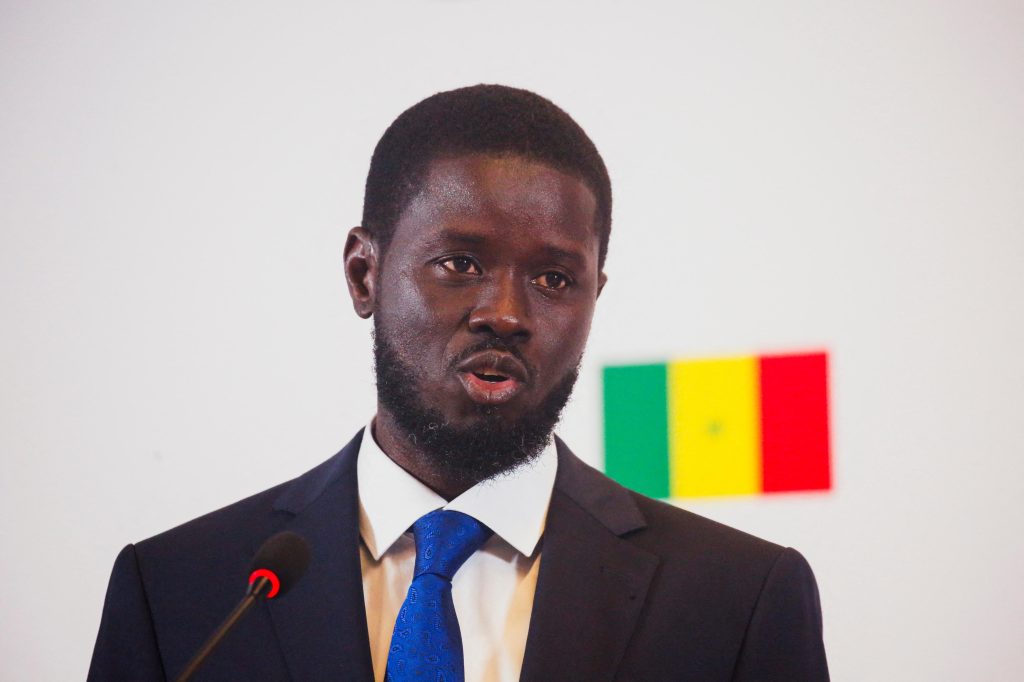The movement to wean African countries off their colonisers’ legacies has gained traction over the years. Most colonised African countries attained independence at the end of the 1950s and 60s.
Despite their independence, these countries adopted political, cultural, and economic policies from their colonisers, with language being the most conspicuous.
The colonisers’ language inadvertently became the official language of these countries with diverse ethnic and racial groups. However, a growing feeling is that such continuous relations with the colonisers have not benefited most of the populace.
In Senegal, its new president, Bassirou Diomaye Faye, had campaigned on the need to “secure its sovereignty,” which experts translate to mean “reforming the CFA franc, introducing a new national currency, ensuring mutually beneficial international partnerships, and renegotiating unbalanced natural resources contracts.”

While the president is yet to state his direction on the country’s relation with France, its coloniser, a claim has gone viral that the government has announced the adoption of Arabic as its official language.
An X account (@_AfricanSoil) that posted the information tweeted, “Senegal announces it is adopting Arabic as its official language, abandoning French.” The post questioned why the country did not adopt Swahili, which it claimed is spoken in over 10 African countries, or the local language, Wollof, which is widely spoken.
“Who advises him? He must be monitored closely,” the post threatened.
The May 1, 2024, tweet had 31,400 views, 119 comments, 185 retweets, and 618 likes.
One of the comments by @ZengFuey was an anonymous quote, “A colonised mind will replace one foreign language with another foreign language and call it progress.”
DUBAWA decided to investigate this claim because of its potential to misinform the public.
Verification
A search on Google search engine using the keyword phrase “Senegal announced the use of Arabic as official language” brought out news reports from blogs, with none being from credible news organisations.
Two reports, this and this, did not indicate when the announcement was made.
The third from Middle East Monitor, deleted but archived here, claimed the announcement was made after a cabinet meeting on Sunday, April 28.
However, a check on the official government website showed no cabinet meeting on April 24. Also, the website contained no information on the country’s official language.
In addition, the X handle of the Senegalese President (@PR_Senegal) did not mention a change in the country’s official language, nor did it state he presided over a cabinet meeting on Sunday.
It was observed that tweets made by the president as of May 2 were in French and not Arabic.
Conclusion
The claim that Senegal has announced a change in its official language from French to Arabic is false.


